Description
The cave fauna of North America Pl 04 by Alpheus Spring Packard printed on a T-Shirt
About the T-Shirt
Regular fit
Standard length, the fabric easily gives into movement
Casual wear
A classic, everyday option loved by our customers
Side-seamed
Constructed by sewing two parts together, creating a fitted look
The Unisex Staple T-Shirt feels soft and light with just the right amount of stretch. It’s comfortable and flattering for all. We can’t compliment this shirt enough–it’s one of our crowd favorites, and it’s sure to be your next favorite too!
- Solid colors are 100% Airlume combed and ring-spun cotton
- Ash color is 99% combed and ring-spun cotton, 1% polyester
- Heather colors are 52% combed and ring-spun cotton, 48% polyester
- Athletic and Black Heather are 90% combed and ring-spun cotton, 10% polyester
- Heather Prism colors are 99% combed and ring-spun cotton, 1% polyester
- Fabric weight: 4.2 oz./yd.² (142 g/m²)
- Pre-shrunk fabric
- 30 singles
- Side-seamed construction
- Tear-away label
- Shoulder-to-shoulder taping
- Blank product sourced from Nicaragua, Mexico, Honduras, or the US
Alpheus Spring Packard (1839 – 1905)
Alpheus Spring Packard Jr. LL.D. was an American entomologist and palaeontologist. He described over 500 new animal species – especially butterflies and moths – and was one of the founders of The American Naturalist.
He was the son of Alpheus Spring Packard Sr. (1798–1884) and the brother of William Alfred Packard. He was born in Brunswick, Maine, and was Professor of Zoology and Geology at Brown University in Providence, Rhode Island, from 1878 until his death. He was a vocal proponent of Neo-Lamarckism during the eclipse of Darwinism.
His chief work was the classification and anatomy of arthropods, and contributions to economic entomology, zoogeography, and the phylogeny and metamorphoses of insects. Packard was appointed to the United States Entomological Commission in 1877 where he served with Charles Valentine Riley and Cyrus Thomas. He wrote school textbooks, such as Zoölogy for High Schools and Colleges (eleventh edition, 1904). His Monograph of the Bombycine Moths of North America was published in three parts (1895, 1905, 1915, edited by T. D. A. Cockerell).
He was elected as a member to the American Philosophical Society in 1878.
He married Elizabeth Darby Walcott, daughter of Samuel B. Walcott in October 1867 in Salem, Massachusetts. They would have four children: Martha Walcott, Alpheus Appleton, Elizabeth Darby, and Frances Elizabeth. Elizabeth Darby would die at the age of eight. He died on February 14, 1905 in Providence, Rhode Island, with his wife and children outliving hi

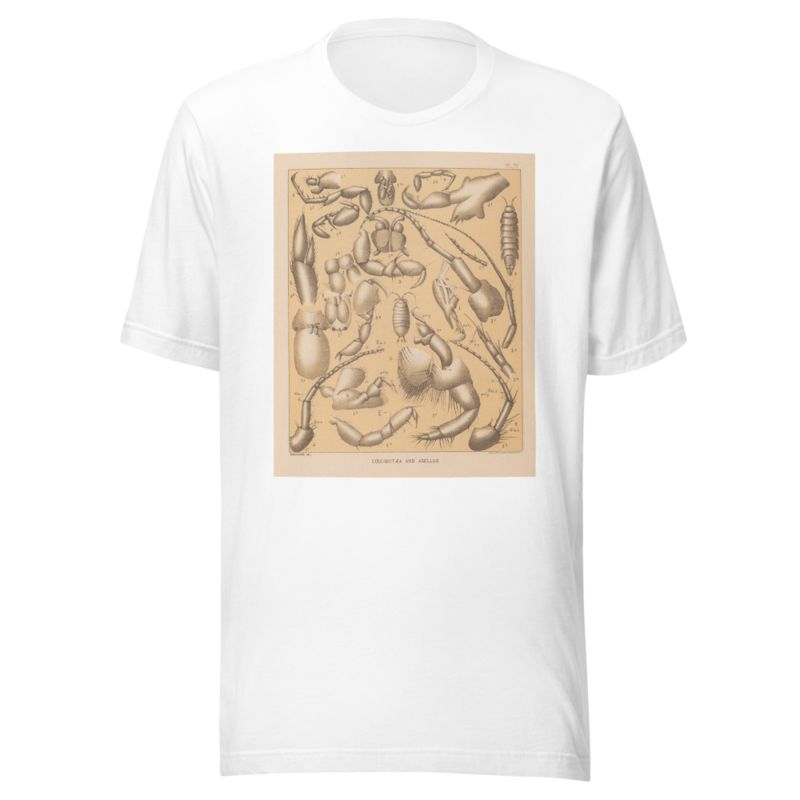
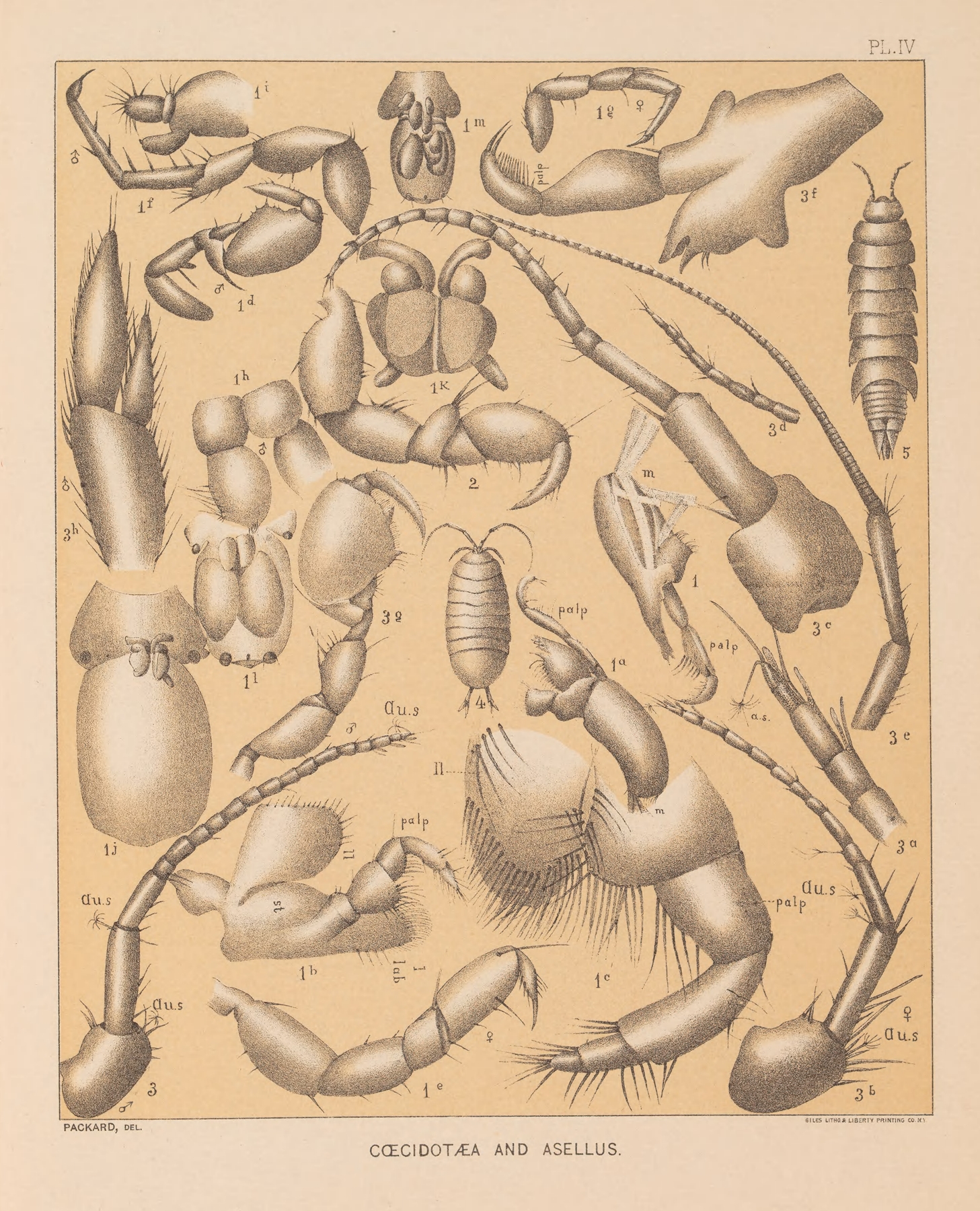
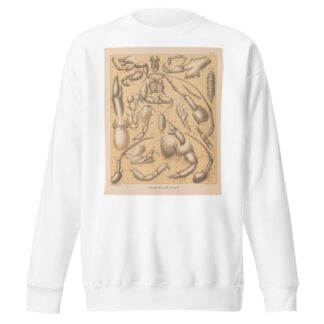
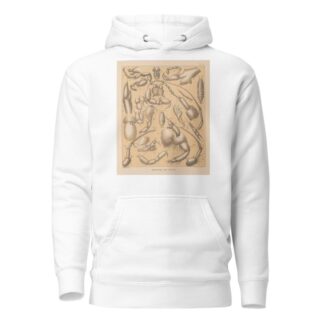
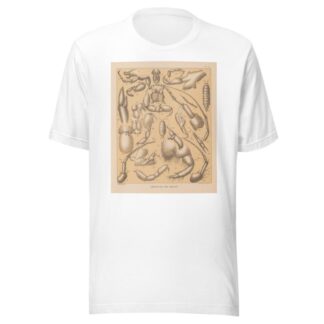
Reviews
There are no reviews yet.